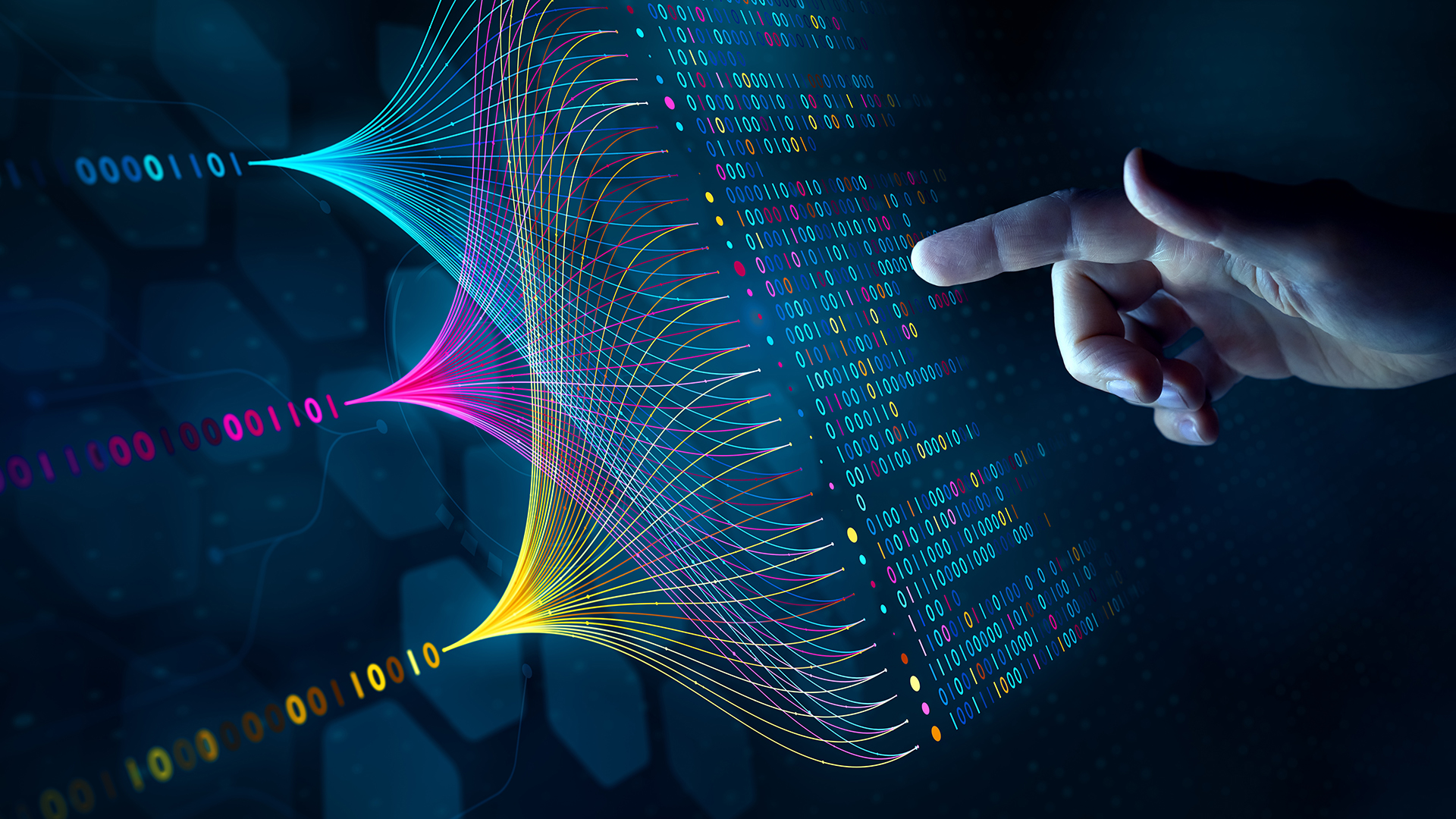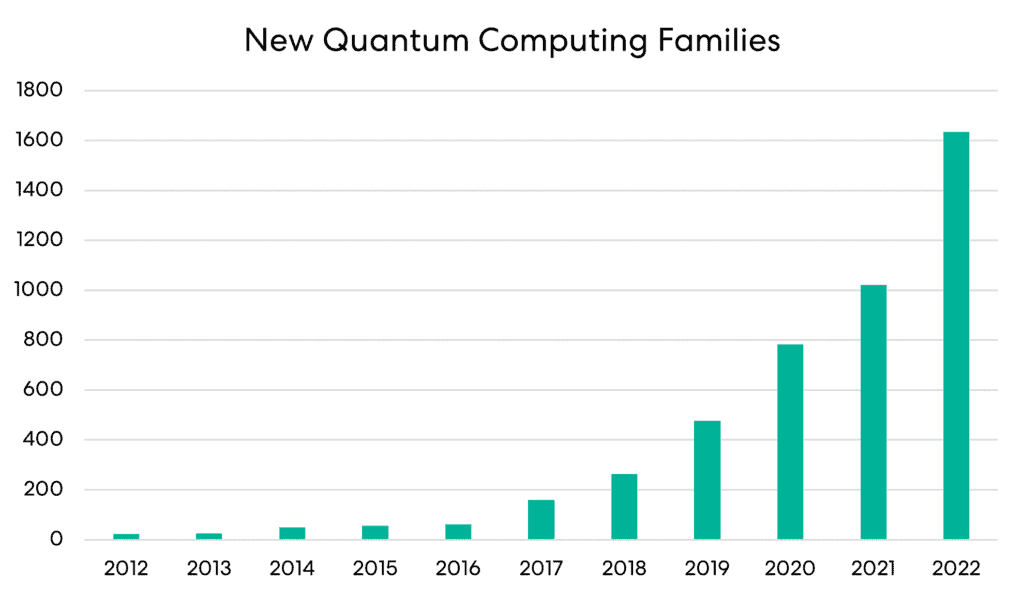Quantum Computing and Legal Implications: Navigating New Frontiers

Exploring the Quantum Leap: Understanding Quantum Computing and Its Implications
In the realm of technological advancements, quantum computing stands as a groundbreaking frontier. Its potential to revolutionize computing capabilities comes with a set of legal implications that necessitate a closer examination.
The Quantum Advantage and Legal Challenges
Quantum computing harnesses the principles of quantum mechanics, offering unparalleled processing power. As organizations race to leverage this quantum advantage, legal challenges arise concerning data security, intellectual property, and the regulatory landscape.
Data Security in the Quantum Era
The encryption methods protecting today’s data may become obsolete in the face of quantum computing. Quantum algorithms could potentially crack existing encryption, raising concerns about the security of sensitive information. Legal frameworks must evolve to address these new vulnerabilities and enforce stringent data protection measures.
Intellectual Property in a Quantum World
As quantum technologies advance, the race to develop quantum algorithms and applications intensifies. Legal battles over intellectual property rights become inevitable, requiring the establishment of clear guidelines for patenting quantum computing innovations and addressing disputes in this emerging field.
Regulatory Frameworks for Quantum Technologies
Governments worldwide are grappling with the need to establish regulatory frameworks for quantum technologies. From export controls to ethical considerations, legal experts must work hand in hand with scientists and policymakers to create regulations that foster innovation while safeguarding against potential misuse.
Quantum Computing and Privacy Concerns
The immense processing power of quantum computers has the potential to unravel complex cryptographic systems, raising concerns about privacy breaches. Legal frameworks must be fortified to protect individuals’ privacy in the quantum era, balancing innovation with the preservation of personal data.
Corporate Governance and Quantum Risk Management
As businesses integrate quantum computing into their operations, corporate governance structures must adapt. Legal experts play a crucial role in developing risk management strategies that encompass the unique challenges posed by quantum technologies, ensuring responsible and accountable corporate conduct.
International Collaboration and Legal Harmonization
Given the global nature of quantum advancements, international collaboration becomes paramount. Legal harmonization efforts are essential to create a cohesive framework that facilitates cross-border research, development, and application of quantum technologies while addressing shared concerns about security and ethics.
Quantum Literacy: Bridging the Legal and Technical Divide
The intersection of quantum computing and legal implications requires a level of understanding on both fronts. Legal professionals need to enhance their quantum literacy to effectively address the nuanced challenges posed by this technology, fostering collaboration between the legal and technical communities.
Preparing for the Quantum Future: Legal Education and Training
Law schools and legal education programs must adapt to include quantum computing in their curriculum. Training the next generation of legal professionals with a quantum-aware perspective ensures that the legal field remains proactive in addressing the complex issues that arise with advancing technologies.
A Call for Industry Collaboration and Ethical Standards
The quantum revolution demands collaboration between industries, academia, and legal experts. Establishing ethical standards for quantum research and application is essential, ensuring that the development and deployment of quantum technologies align with societal values and principles.
In navigating the uncharted territories of quantum computing and legal implications, it’s crucial to stay informed and engaged. For further insights, you can explore resources such as Quantum computing and legal implications, offering a deeper understanding of the evolving landscape at the intersection of law and quantum technologies.






